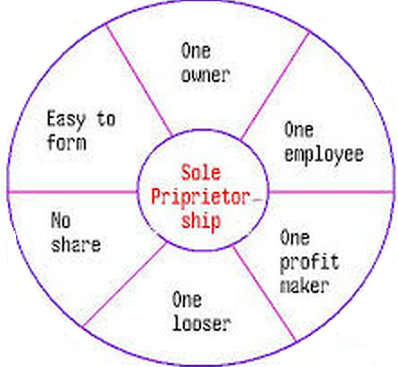Different types of Duties of
Partners
Partnership is a mutual relationship
between two persons for some profit making activity. Individual, we call them
partners and jointly, we call them partnership. A partnership is a result of an
agreement between the social unites or human being for some economic goals. Any
partnership requires two or more persons which share their profit in a fix
ratio. May be this agreement is in a written or oral format.
 |
| Different types of Duties of Partners |
Here, we mention some duties of
partners like –
ü
Duty
to work hard for business and for
the profit of all partners
ü Every
partners must act faithfully for the
partners and other partners
ü Every
partners has a duty to maintain true and correct
account of business
ü
Every
partners must do everything to save the
firm from losses
ü
Every
partner use business property for
business use
ü
It
become duty to bear the loss according
the ratio
ü
No
partners have the authority to so the same
business
ü
Every
business have a predefine area to work so must follow the rules and responsibility
ü
It
become the duty of every partners that he will not share the business interest with other












